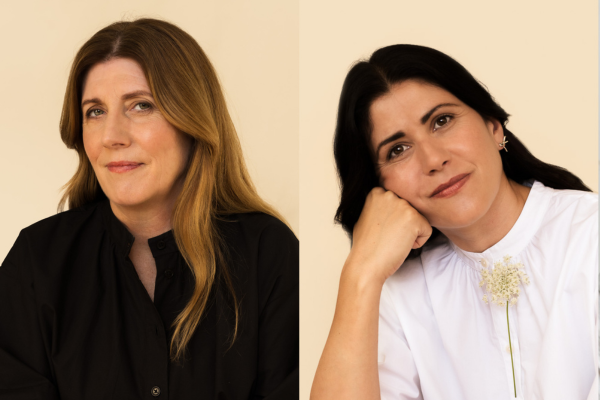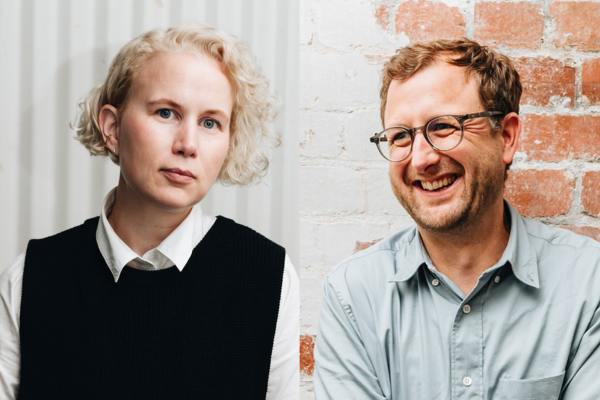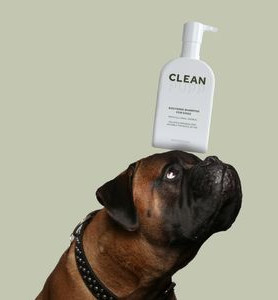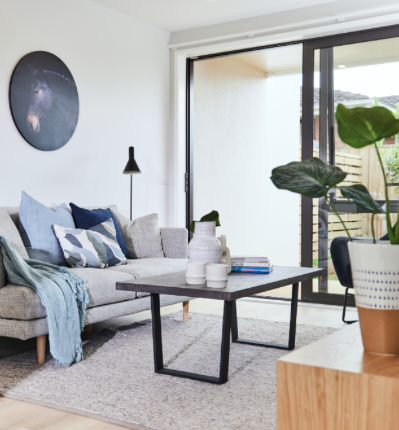The Lexus Design Award heads to Wellington—confirming the future of local design is bright
There’s something quietly thrilling about watching a student prototype take shape—the raw idea, the rough edges, the tentative hope that it might just work. For years now, the Lexus Design Award has given design students in Auckland a rare, high-stakes platform to turn those ideas into something real. And time after time, they’ve delivered—with concepts that are not only clever, but deeply considered, often tackling the kinds of problems the rest of us haven’t yet found the words for.
Now, for the first time, the award expands to Wellington, inviting students from Victoria University and Massey University into the fold. The move isn’t just geographical. It’s philosophical. A sign that the design conversation in Aotearoa is getting wider, richer, more plural. And that Lexus, a brand long obsessed with detail and design, is ready to back the next generation wherever they are.
Since launching locally in 2013, the Lexus Design Award has challenged final-year students to respond to a deceptively open brief: create something that anticipates, innovates, and captivates while delivering a bold, sustainable solution to a real-world problem. It’s an ambitious ask, but the students consistently rise to it, often producing work that feels more like design futurism than coursework. Past winners have imagined smart mobility devices, adaptive furniture, low-waste materials, and wearable tech that actually makes sense.
 Emma Wallace, Gosia Piatek.
Emma Wallace, Gosia Piatek.
With the expansion to Wellington comes a fresh group of mentors, each bringing a distinct design lens. There’s Gosia Piatek, founder of the ethically rigorous fashion brand Kowtow, and her business director Emma Wallace. They’re joined by Megan Wyper and Patrick Kennedy of Acme, the cult ceramic brand beloved by baristas and minimalists alike. These new additions join long-time mentors Simon James and Scott Bridgens of Resident, whose design credentials and commitment to mentorship have helped shape the award’s local evolution.
‘At Kowtow, we think in circles,’ says Piatek. ‘We use reductive, circular design principles in everything we make—and that’s a perspective we’re excited to share with the students.’
Acme’s Megan Wyper agrees: ‘Being asked to mentor is an honour. There’s so much talent here, and the competition expanding to Wellington means more space for that talent to be seen.’
 Megan Wyper, Patrick Kennedy.
Megan Wyper, Patrick Kennedy.
The design process unfolds over three months. Students work closely with mentors to develop a prototype in response to the brief, with one winner and one runner-up chosen from each participating university. Cash prizes are awarded, yes—$3,000 for winners, $1,000 for runners-up—but the real reward is the opportunity to exhibit at Auckland Design Week in 2026. It’s a launchpad. A spotlight. A start.
For Lexus, this isn’t a side project. It’s central to how the brand sees itself: a leader in craft, innovation, and sustainability. The brief now aligns with the United Nations Sustainable Development Goals, and more than 80% of Lexus vehicles sold in New Zealand are now electrified. In short: the future is already here—and it needs designers who can shape it.
Back in Auckland, we’ll be watching closely. If the last decade of winners is anything to go by, the next generation isn’t just thinking big—they’re thinking better. And now, more of them have the tools, the guidance, and the platform to prove it.





